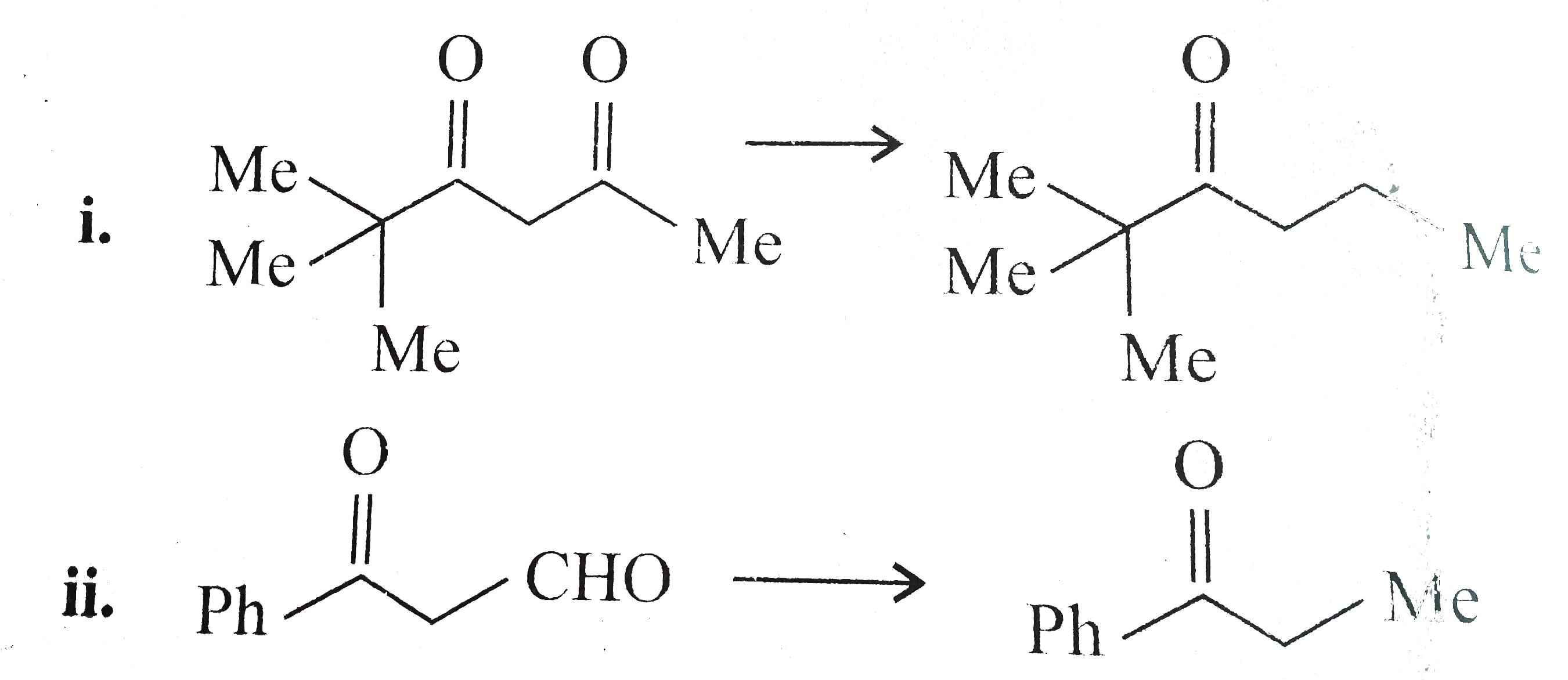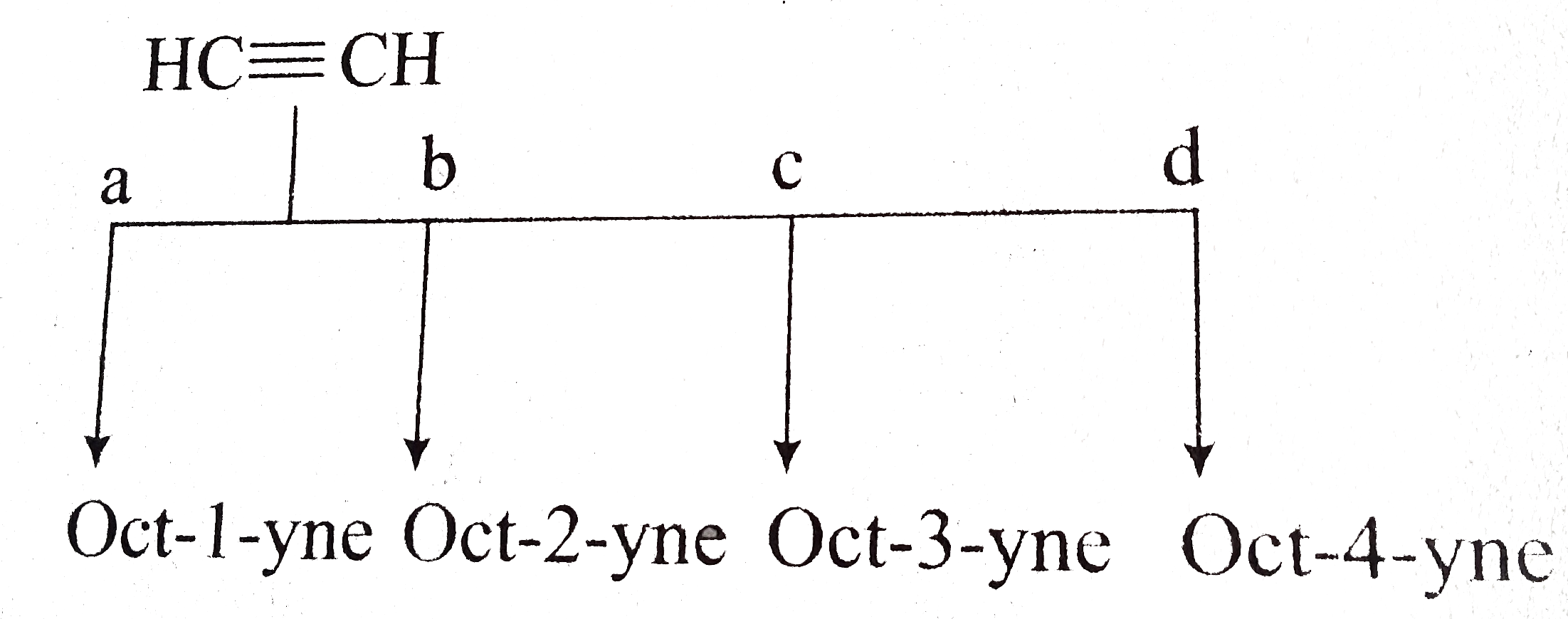HCl acts on the following to convert it into active form
pepsin
trypsin
chymotrypsinogen
pepsinogen
The correct Answer is:D
Step-by-Step Solution:
1. Understanding the Role of HCl:
- Hydrochloric acid (HCl) is secreted in the stomach and plays a crucial role in digestion. It creates an acidic environment that is necessary for the activation of certain digestive enzymes.
2. Identifying the Inactive Form of Enzyme:
- Among the various digestive enzymes, pepsinogen is known to be an inactive precursor (zymogen) of the active enzyme pepsin.
3. Conversion Process:
- When pepsinogen is exposed to the acidic environment created by HCl in the stomach, it undergoes a conformational change and is converted into its active form, pepsin.
4. Function of Pepsin:
- Pepsin is an active enzyme that helps in the digestion of proteins by breaking them down into smaller peptides.
5. Conclusion:
- Therefore, the answer to the question is that HCl acts on pepsinogen to convert it into its active form, pepsin.
Final Answer:
HCl acts on pepsinogen to convert it into its active form, pepsin.
---
- Hydrochloric acid (HCl) is secreted in the stomach and plays a crucial role in digestion. It creates an acidic environment that is necessary for the activation of certain digestive enzymes.
- Among the various digestive enzymes, pepsinogen is known to be an inactive precursor (zymogen) of the active enzyme pepsin.
- When pepsinogen is exposed to the acidic environment created by HCl in the stomach, it undergoes a conformational change and is converted into its active form, pepsin.
- Pepsin is an active enzyme that helps in the digestion of proteins by breaking them down into smaller peptides.
- Therefore, the answer to the question is that HCl acts on pepsinogen to convert it into its active form, pepsin.
HCl acts on pepsinogen to convert it into its active form, pepsin.
Topper's Solved these Questions
- DIGESTION AND ABSORPTIONBOOK - ICSECHAPTER - DIGESTION AND ABSORPTIONEXERCISE - REVIEW QUESTIONS ( II. FILL IN THE BLANKS )
10 Videos
- DIGESTION AND ABSORPTIONBOOK - ICSECHAPTER - DIGESTION AND ABSORPTIONEXERCISE - REVIEW QUESTIONS ( III. WRITE WHETHER THE FOLLOWING STATEMENTS ARE TRUE OF FALSE )
5 Videos
- DIGESTION AND ABSOROPTION BOOK - ICSECHAPTER - DIGESTION AND ABSOROPTION EXERCISE - NCERT EXERCISES WITH ANSWER (DIFFERENTIATE BETWEEN)
8 Videos
- ENZYMES BOOK - ICSECHAPTER - ENZYMES EXERCISE - REVIEW QUESTIONS (LONG ANSWER TYPE QUESTIONS)
6 Videos
Similar Questions
Knowledge Check
What causes the inactive form of Bt toxin i.e., protoxin to get converted into its active form in the body of an insect ?
ATemperature of the gutBEnzymes present in the salivaCAlkaline pH of the gutDThere is no specific reason
Convert the following:

View SolutionConvert the following:

View SolutionConvert each of the following into fractions in the lowest form: (i) 0.04 (ii) 2.34
View SolutionConvert each of the following into fractions in the lowest form: (i) 0.342 (ii) 17.38
View Solution−1−i convert in polar form.
View SolutionAssertion (A) : Acidic pH of insect converts inactive Bt toxin into active form
Reason (R) : Most of Bt toxins are insect group specific.
View SolutionBt endotoxin that exists as inactive protoxin is converted in to active toxin once bollworm ingests it due to
View Solution


